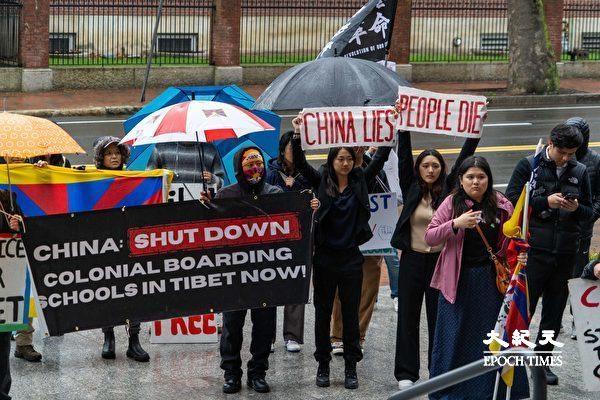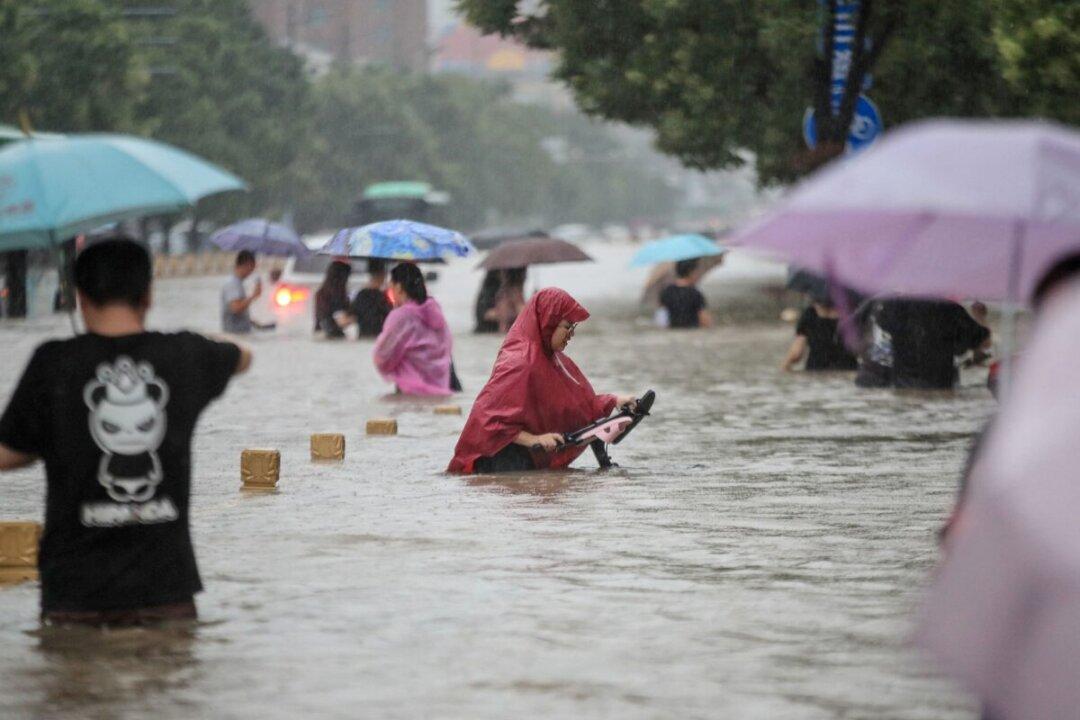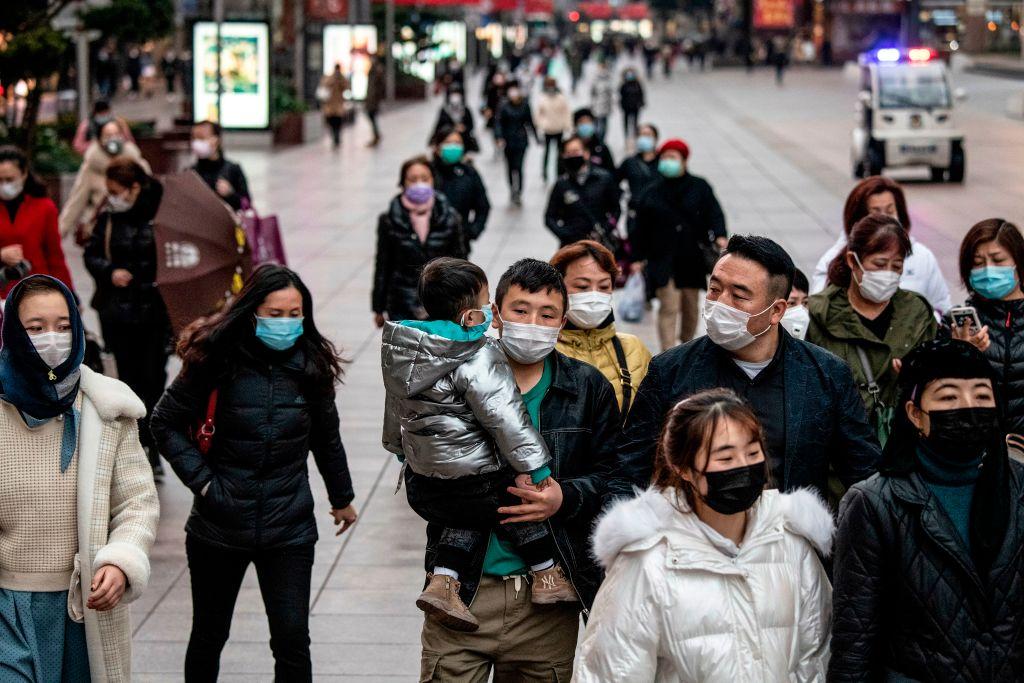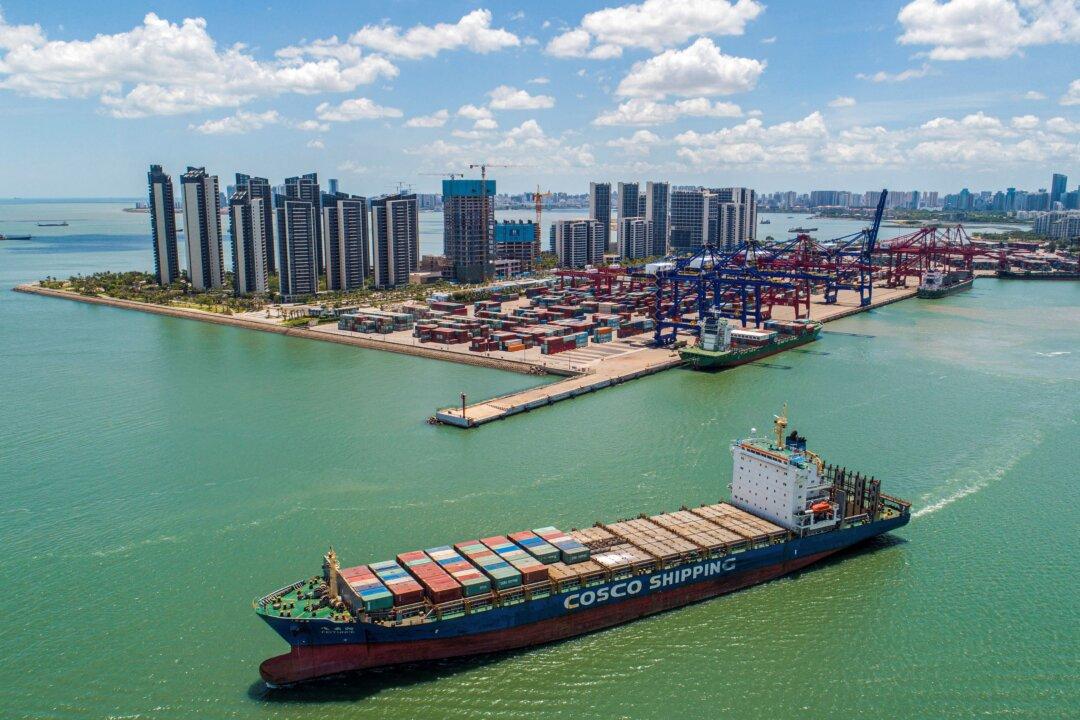When renowned Beijing economist Mao Yushi published the article “Let’s return Mao [Zedong] [from godhood] to man,” he didn’t expect that 35 years after the end of the Cultural Revolution he would be called a traitor.
A far leftist group in China who still worships Mao Zedong started a petition against Mao Yushi on their website. Attacks by the leftists in turn triggered reactions from many scholars and victims of the Chinese Communist Party’s (CCP’s) many political campaigns. One of them is famous writer Tie Liu, who was labeled a “Rightist” during the Anti-rightist movement in 1957, recently advocated suing Mao Zedong in court posthumously. He is also a strong supporter of Mao Yushi.
Mao Yushi published another article titled, “We must investigate Mao Zedong’s crimes – How many people did he starve to death during the Cultural Revolution?” Mao Yushi said he would welcome a debate in court recounting the dictator’s crimes.
The debate about Mao Zedong has now escalated into a nationwide affair. Mao Yushi and Bao Tong, who was secretary to former Chinese Premier Zhao Ziyang, recently discussed the issues with The Epoch Times.
Mao Yushi said the main reason for the controversy is that people do not know the full extent of the regime’s brutality. “The CCP has concealed a lot of truths. People have a hard time learning what really happened. Each person has to make a judgment based on the facts he or she knows, but what he or she knows is limited. There is great variation in what people know,” he said.
Mao Yushi said Chinese people often cannot tell right from wrong and this is not limited to their view of Mao Zedong, but also other current issues. For example, China’s “best friends” in the international community are Kim Jong-Il, Castro, and Chavez, all of whom are dictators. China also views democracies with suspicion. Thus the fundamental viewpoint of the CCP is incorrect.
The left-leaning, pro Mao Zedong faction claims that over 10,000 people, including some intellectuals from famous universities, such as Peking University, have signed a petition condemning Mao Yushi, and that they plan to submit the petition to the People’s Congress.
Bao Tong thinks the petition is a joke and that it was initiated by intellectuals who want to curry favor with the regime.
“Everyone knows what kind of person Mao Zedong was, including those who signed the petition. They all know it in their hearts. These intellectuals have been paid to sign it. Otherwise how can they survive? Everyone needs to eat, which takes money,” Bao said.
Bao said the pro Mao Zedong side does not allow any discussion or criticism. “They don’t allow 1.3 billion Chinese people to talk. There can only be one voice. This will surely end in disaster. There is only hope for China if people are allowed to talk about issues,” he said.
Bao said the pro Mao Zedong side reflects the government’s position. “I heard a person say that there are six things that cannot be done in China, and one of them is having diversity of thought. I think he was wrong. How can we not have diversity in our thoughts? There is only one way to keep our thoughts uniform: out of the 1.3 billion people in China you have to kill the thoughts of 1,299,999,999 of them. Some people think they have political and military power and can do whatever they want. But they are just dreaming,” Bao said.
Mao Yushi was born in 1929 in Nanjing, Jiangsu Province. He received a degree in economics from Shanghai Jiao Tong University in 1950 and later worked for the Ministry of Railroads. In 1958, he was labeled a “Rightist,” and was sent to Datong Locomotive Factory for reeducation through labor. In 1985, he published the book “Principles of Optimum-Seeking.” In 1993, he became the director of Unirule Institute of Economics, a Beijing-based think-tank with support from the Ford Foundation. His father Mao Yixin was a railroad mechanical engineer, and his uncle Mao Yisheng was a famous bridge structural engineer in China.
[email protected]
Read the original Chinese article.



